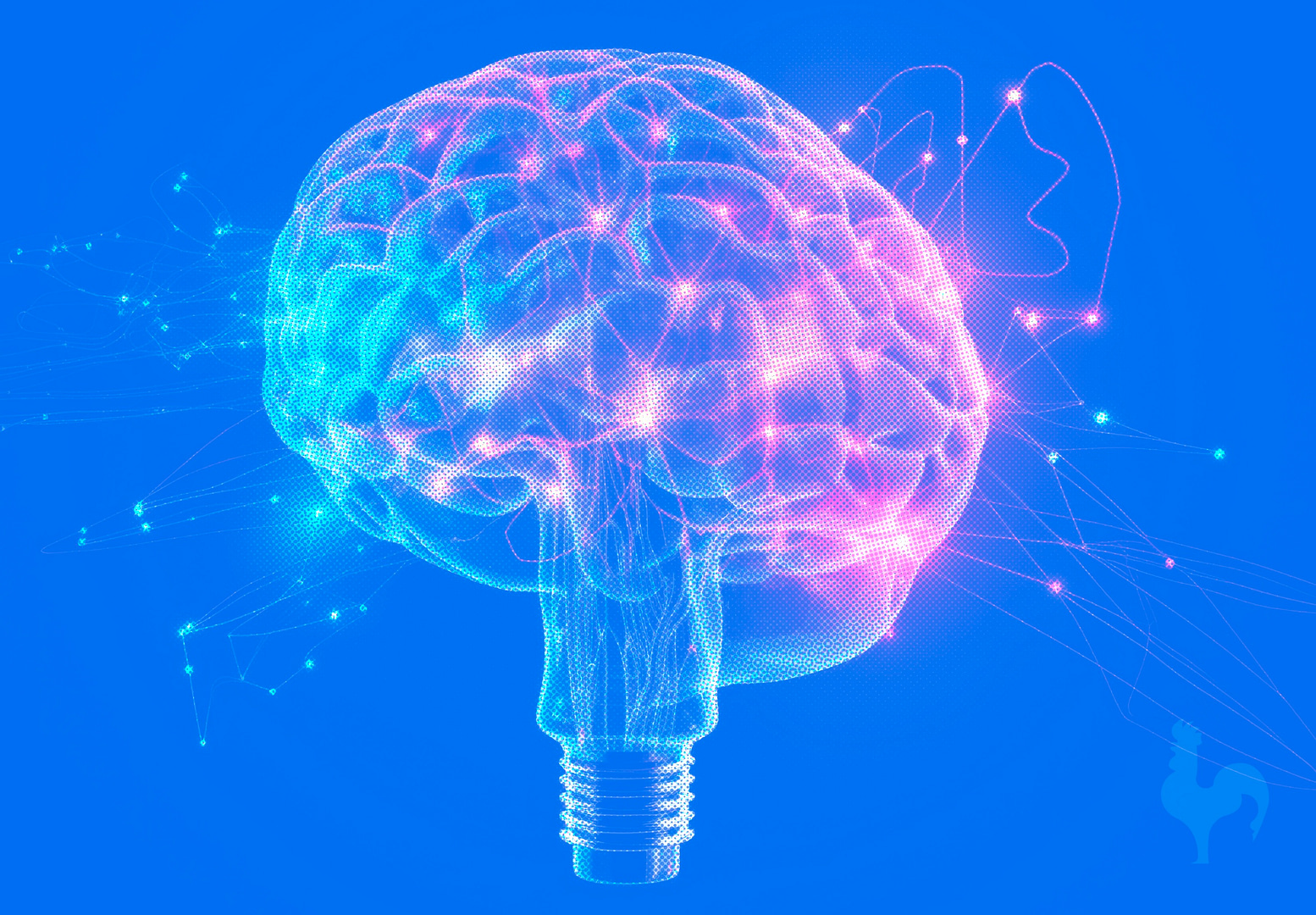In this post, we’ll look at how AI is transforming digital marketing and why it’s so important for companies to use this innovation.
The way that businesses run has been revolutionised by AI. Artificial intelligence (AI) has significantly changed several areas, from finance to healthcare. Digital marketing has begun to experience the effects of AI in recent years. It has changed how companies interact with their clients, process data, and produce content. Businesses can now provide personalised customer experiences, forecast trends and consumer behaviour, and make data-driven decisions thanks to AI. In this post, we’ll look at how AI is transforming digital marketing and why it’s so important for companies to use this innovation.
What is AI?
A technology known as artificial intelligence (AI) enables machines to perform tasks that would typically need human intelligence. It makes use of statistical models and algorithms to assess and understand data. AI can gather data, recognise patterns, and derive conclusions from it. Digital marketers utilise AI to create content, analyse consumer behaviour, and make decisions based on that information.
How AI is Transforming Digital Marketing
The use of AI in digital marketing has brought about significant changes. Here are some of the ways AI is transforming digital marketing:
Personalized Customer Experiences
The ability of AI in digital marketing to personalise client experiences is one of its most important benefits. AI may examine consumer behaviour and data to understand their preferences. Businesses can personalise content and recommendations using this data, which will increase client pleasure and loyalty.
Predictive Analytics
AI can process vast volumes of data and make predictions using that data. This enables companies to forecast client patterns and behaviour and make data-driven decisions. Businesses may boost revenue, improve client retention, and develop more successful marketing strategies with the use of predictive analytics.
Chatbots and Virtual Assistants
Virtual assistants and chatbots are becoming more and more common in digital marketing. They offer customers immediate assistance and responses to their questions. AI-powered chatbots and virtual assistants can comprehend consumer questions and give pertinent answers, increasing customer happiness.
Content Creation and Curation
Based on client information and behaviour, AI may produce and curate content. It can examine customer preferences and interests to produce information that is specifically tailored to them. Higher engagement and conversion rates result from this.
Targeted Advertising
AI is capable of analysing consumer behaviour and data to provide targeted advertising campaigns. This enables companies to more effectively and efficiently contact their target market, resulting in increased conversion rates and earnings.
The Benefits of AI in Digital Marketing
The use of AI in digital marketing brings about several benefits for businesses. Here are some of them:
Increased Efficiency
AI can automate repetitive and time-consuming tasks, allowing marketers to focus on more strategic activities. This leads to increased efficiency and productivity.
Improved Customer Satisfaction
Businesses may increase client loyalty and happiness by offering personalised experiences. Revenue and retention rates both rise as a result.
Increased Revenue
Businesses can boost their revenue by developing more successful marketing strategies and choosing the correct audience to target. Businesses might find new prospects and revenue streams with the use of predictive analytics.
Competitive Advantage
Businesses can obtain a competitive advantage over rivals by embracing AI. Campaigns powered by AI may be more productive and successful, resulting in better revenue and conversion rates.
The Challenges of Implementing AI in Digital Marketing
Implementing AI in digital marketing comes with its own set of challenges. Here are some of them:
Data Privacy Concerns
Businesses must make sure they are using client data ethically and responsibly because AI depends on it. Businesses must make sure they are adhering to data protection laws because data privacy concerns are a serious problem.
Limited AI Talent
Since AI is a relatively new technology, there is a talent gap in the field. To make sure their employees have the skills needed to adopt AI efficiently, businesses need to invest in their training and development.
Integration with Existing Systems
It can be difficult to integrate AI with already-in-use marketing solutions. Businesses must make sure that their current systems are compatible with AI and that they integrate smoothly.
The Future of AI in Digital Marketing
Digital marketing’s use of AI is still in its infancy. We may anticipate seeing more AI-powered solutions as technology develops. Future trends we can anticipate include the following:
Increased Use of Chatbots and Virtual Assistants
We may anticipate seeing chatbots and virtual assistants used more frequently as consumers depend more on digital channels to interact with businesses.
More Personalized Experiences
We may anticipate seeing increasingly individualised client experiences as AI develops. Businesses will be able to provide their clients with recommendations and information that is customised thanks to AI.
Enhanced Predictive Analytics
Predictive analytics will continue to be improved by AI, enabling organisations to predict customer behaviour and trends and make data-driven decisions.
Conclusion
Digital marketing is being revolutionised by AI, and companies who ignore this technology run the danger of slipping behind their rivals. Businesses may use AI to personalise customer experiences, make data-driven choices, and boost sales. However, using AI in digital marketing has its own set of difficulties, such as worries about data protection and a lack of AI skills. Despite these obstacles, artificial intelligence in digital marketing has a promising future, and we may anticipate more AI-driven solutions in the sector.
FAQs
What is AI in digital marketing?
AI (Artificial Intelligence) in digital marketing refers to the use of advanced technologies such as machine learning, natural language processing, and predictive analytics to automate and optimize marketing processes. AI can help businesses create personalized experiences, make data-driven decisions, and increase revenue.
How is AI transforming digital marketing?
AI is transforming digital marketing in several ways. It can automate repetitive tasks, deliver personalized experiences, and optimize marketing campaigns. AI-powered chatbots and virtual assistants are becoming increasingly common, allowing businesses to engage with customers in real time. Predictive analytics is also becoming more prevalent, enabling businesses to anticipate customer behaviour and make data-driven decisions.
What are the benefits of AI in digital marketing?
The benefits of AI in digital marketing include increased efficiency, improved customer satisfaction, increased revenue, and a competitive advantage over competitors. AI can automate repetitive and time-consuming tasks, allowing marketers to focus on more strategic activities. By delivering personalized experiences, businesses can improve customer satisfaction and loyalty. AI-powered marketing campaigns can also be more effective and efficient, leading to higher conversion rates and revenue.
What are the challenges of implementing AI in digital marketing?
The challenges of implementing AI in digital marketing include data privacy concerns, limited AI talent, and integration with existing systems. As AI relies on customer data, businesses need to ensure that they are using this data ethically and responsibly. There is also a shortage of AI talent, and businesses need to invest in training and development to ensure that they have the necessary skills to implement AI effectively. Integrating AI with existing marketing systems can also be challenging, and businesses need to ensure that there is a seamless integration between them.
What can we expect to see in the future of AI in digital marketing?
In the future, we can expect to see more widespread use of chatbots and virtual assistants, as customers increasingly rely on digital channels to engage with businesses. We can also expect to see more personalized experiences for customers, as AI continues to evolve. AI will enable businesses to deliver tailored content and recommendations to their customers. Additionally, AI will continue to enhance predictive analytics, allowing businesses to anticipate customer behaviour and trends and make data-driven decisions.







